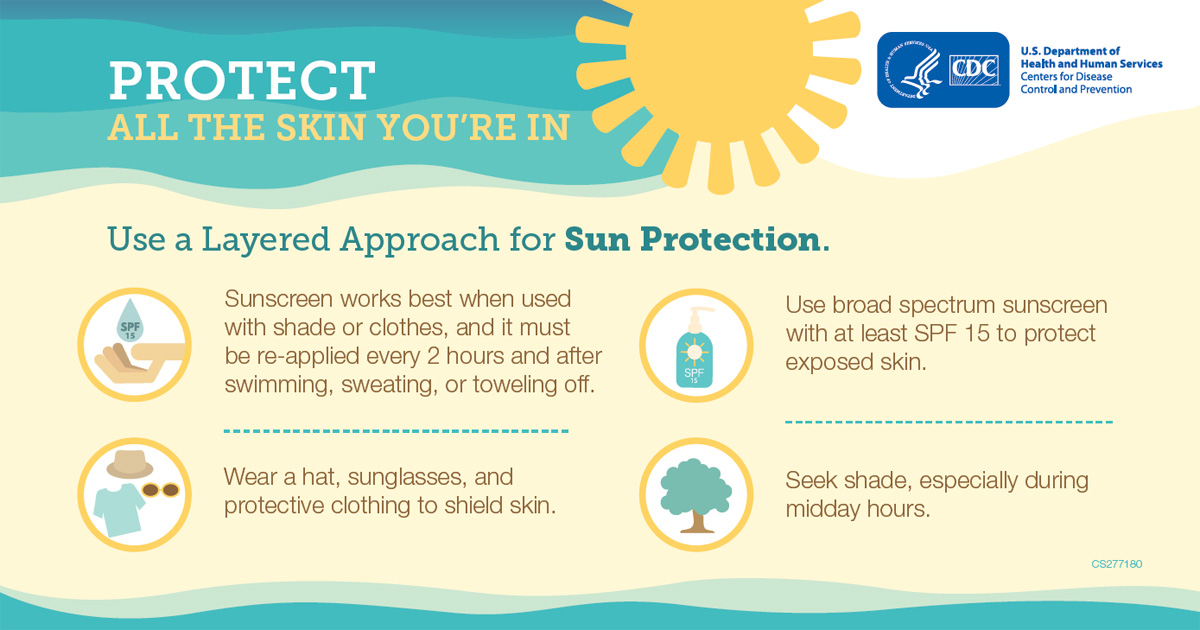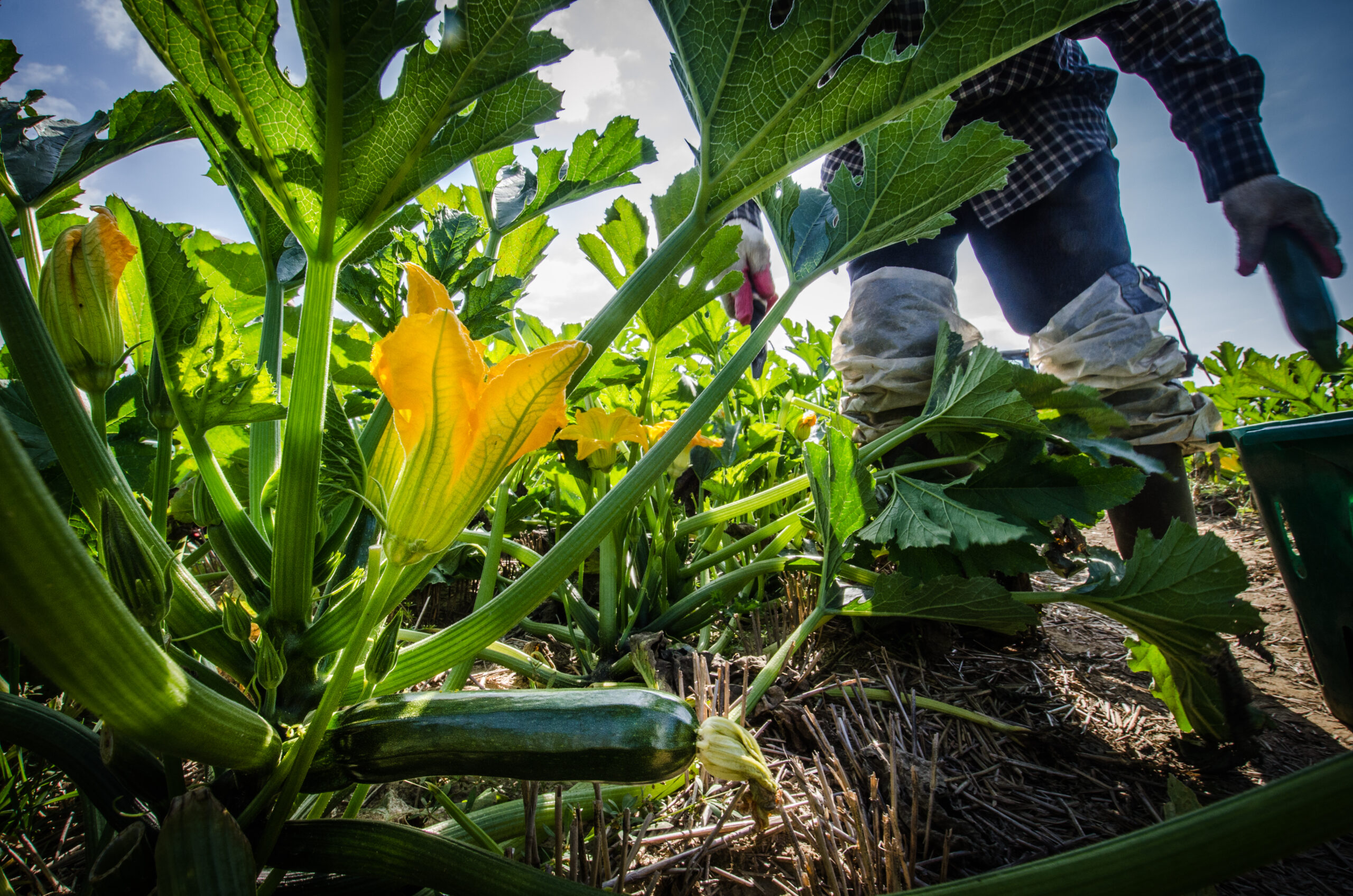Farm managers may be interested in an upcoming webinar to be offered by AgrAbility: “Convivencia y conversación: Tools for reducing stress and fostering emotional well-being among Latino farmworkers”. The webinar will be held on Monday, August 29, 2022 from 3:00-4:00 p.m. EST. For more details and registration information, visit the AgrAbility website.
Note that participants must register by Thursday, August 25.



 Through our collaboration in the Extension Collaborative on Immunization Teaching & Engagement (EXCITE) we’d like to share the following timely updates on the on-going pandemic and efforts to encourage everyone eligible to get vaccinated and/or boosted now!
Through our collaboration in the Extension Collaborative on Immunization Teaching & Engagement (EXCITE) we’d like to share the following timely updates on the on-going pandemic and efforts to encourage everyone eligible to get vaccinated and/or boosted now!